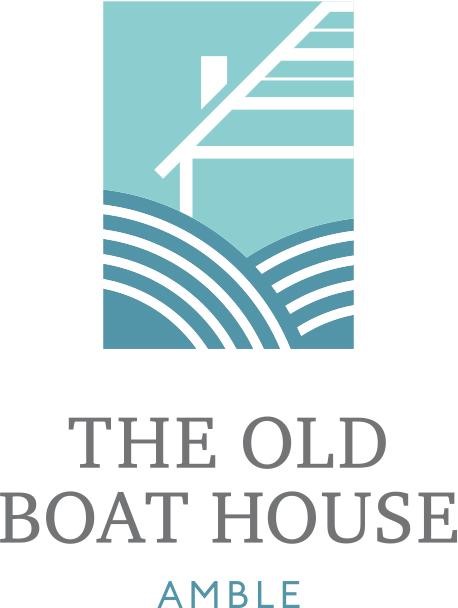Puffin Facts from RSPB Coquet Island
The puffin festival has been inspired by the colony of approximately 30,000 puffins that nest on the RSPB seabird sanctuary of Coquet Island, just a mile off Amble.
Coquet Island has been an RSPB nature reserve since 1970 and is also the sole UK nesting colony of roseate terns. Less than 150 pairs nest on Coquet Island and use special boxes constructed by the RSPB staff to create their nests and rear their chicks.
The island is a Site of Special Scientific Interest and therefore protected all year round, to safeguard the fragile habitat and to avoid disturbing the nesting birds. Consequently Coquet Island is a true sanctuary for nesting birds and landing on the island is not allowed.
 winter bobbing about on the sea!
winter bobbing about on the sea!THE PUFFINS OF COQUET ISLAND
The Atlantic Puffin is now officially endangered, after dramatic declines in their numbers over recent years.
Puffins are now facing the same level of extinction threat as African elephants and lions. Europe is home to 80% of the world population of Atlantic puffins, but breeding failures in their strongholds of Iceland, the Faroe Islands and Norway in recent years have seen numbers dramatically fall.
In France, puffin numbers have fallen to below 200 pairs, while in the Channel Islands, they have fallen to below 100 pairs.
Numbers in the UK were increasing up to 1999 but now evidence suggests that puffin numbers here are falling.
In Scotland the numbers have plummeted while on the Northumberland coast numbers are holding up, but vulnerable. Puffins are highly susceptible to extreme weather and rising sea temperatures, which affects the number and availability of sandeels, their main food source. Cooler waters along the Northumberland coast and an absence of commercial sandeel fishing means that the sandeel numbers are holding up in our region, but puffins are facing challenges here too.
Puffins lay their eggs in burrows, dug into the sandy soil on Coquet Island. A baby puffin is called a puffling.
Each spring, thousands of these iconic little birds return to the RSPB - managed bird sanctuary of Coquet Island, after a winter spent swimming in the Atlantic Ocean.
Wetter summers have increased heavy vegetation growth on the island, which threatens the puffins’ access to their burrows.
The RSPB will continue to monitor the Coquet puffins, and will expand efforts to give “our” puffins and their pufflings the best chances on their Coquet Island home.
Data from RSPB Coquet Island 2023





